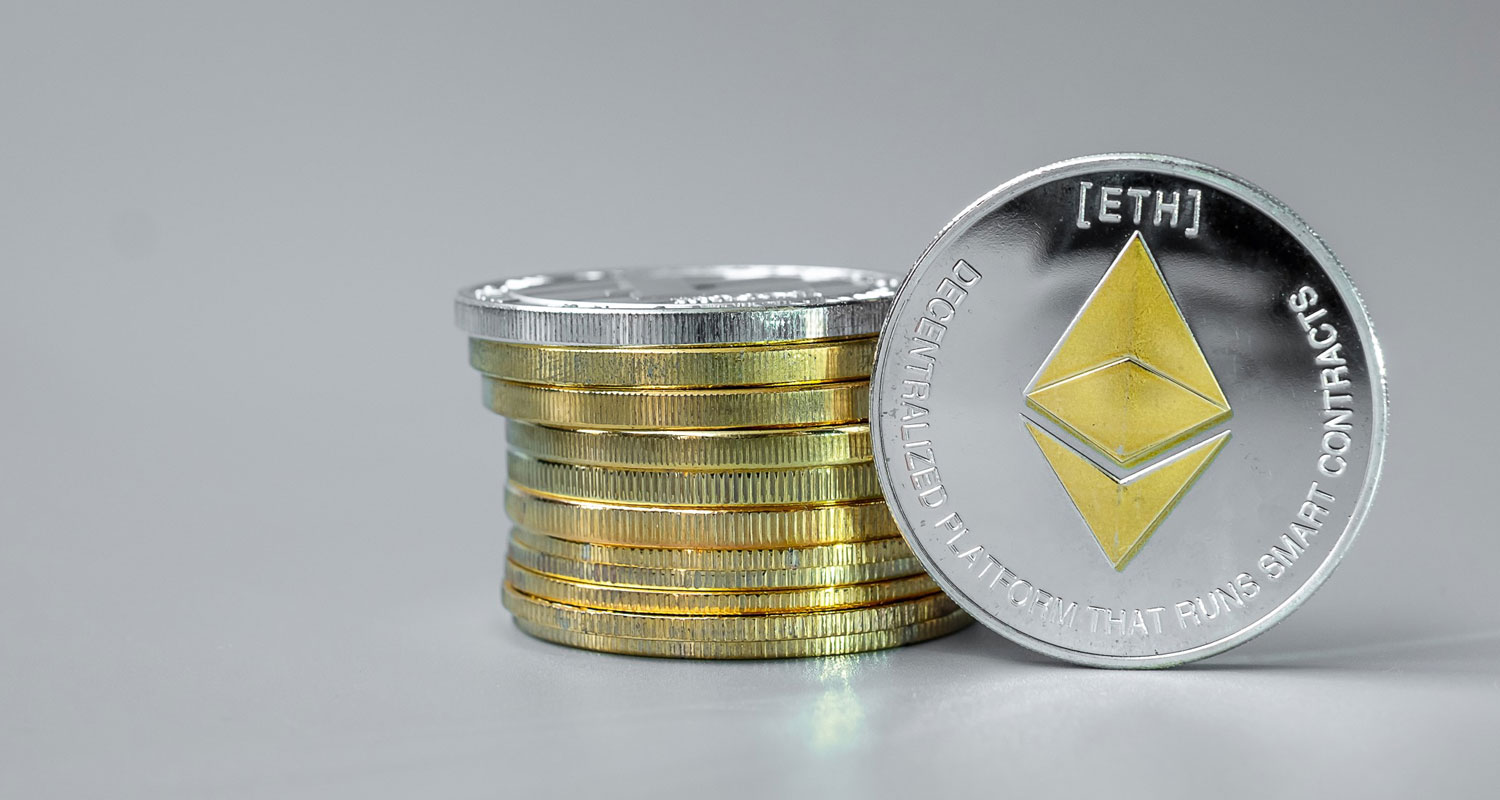 Ether grabbed the cryptocurrency spotlight after posting its biggest jump in more than a month, a surge pegged to speculation about the outlook for applications to start US exchange-traded funds for the token.
Ether grabbed the cryptocurrency spotlight after posting its biggest jump in more than a month, a surge pegged to speculation about the outlook for applications to start US exchange-traded funds for the token.
The second largest digital asset traded at about US$3 539 as of 7.55am SAST on Wednesday. Ether’s 61% year-to-date gain is closing in on market-leader bitcoin’s 67% increase.
“There’s been some chatter about ether ETF issuers meeting with the US Securities and Exchange Commission,” said Edward Chin, co-founder of digital-asset hedge fund Parataxis Capital.
A sceptical SEC reluctantly acquiesced to US spot-bitcoin ETFs in January in the wake of a court reversal last year. The products have amassed $59-billion in assets since their January launch, one of the most successful debuts ever for a fund category. That helped lift bitcoin to a record high in mid-March.
Traders are alive to the possibility of an ether rally if the SEC allows ETFs that directly hold the token. Investment titans such as BlackRock and Fidelity Investments have submitted applications to start such funds, but there are doubts over whether the regulator will give the green light.
While bitcoin is acknowledged to be a commodity, the SEC argues most other tokens are effectively unregistered securities and thus claims the digital-asset sector is rife with non-compliance. Explicit identification of ether as an unregistered security would add a slew of challenges to rolling out an ETF.
Ether applications
SEC approval of spot-bitcoin portfolios also hinged on the correlation between CME bitcoin futures and price movements in the digital asset itself, which was deemed sufficient to allow for the detection of fraud and manipulation.
Read: Why ethereum’s next upgrade is a very big deal
Bloomberg Intelligence ETF analysts James Seyffart and Eric Balchunas in a late-March note assigned 75% odds to the prospect of the agency rejecting ether applications by May. They said the SEC may lean on data “showing relatively weak correlations between spot and futures markets”. — (c) 2024 Bloomberg LP




